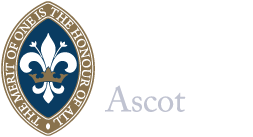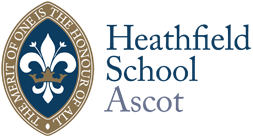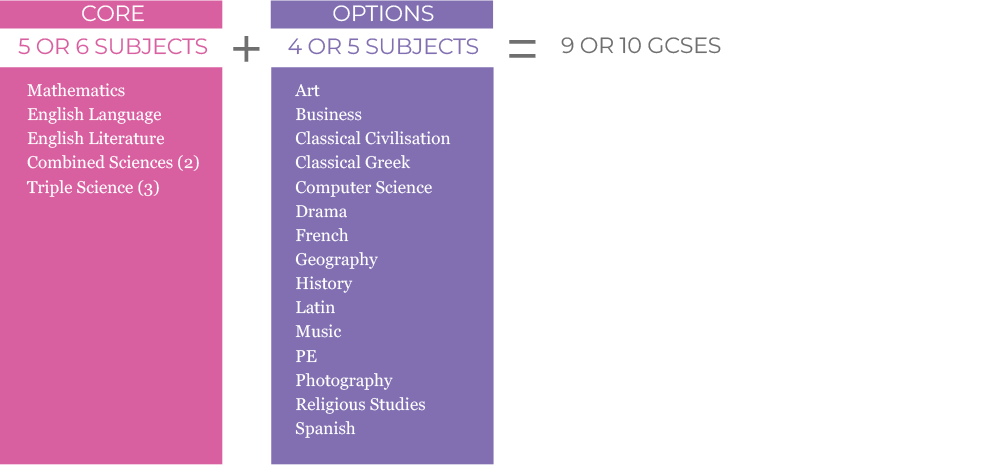GCSE Art and Design
Exam Board: EDEXCEL
General outline: GCSE Art and Design
Students will follow one or more of the following artistic pathways: Drawing, Installation, Digital Photography, Mixed Media, Land Art, Painting, Printing, Sculpture, Illustration, Constructed Textiles, Installed Textiles, Fashion Design, Stitched or Embellished Textiles, Jewellery, Animation and Film.
Although practical skills are taught throughout the course, the development is extremely flexible and tailored to each individual. Support for this is provided through co-teaching and 1:1 tutorials, which are highly adaptive to accommodate emerging interests and talents.
UNIT 1 PERSONAL PORTFOLIO: 60%
The Personal Portfolio (coursework) is produced during the three terms of Form IV, and the first term of Form V. An overarching theme for the Personal Portfolio is given, for example, ‘Identity’, ‘Superstition’, ‘Similarity and/ or Difference’, which is deliberately broad and open-ended, and encourages students to develop project ideas with originality and personal insight.
Form IV Michaelmas Term
With the examinations board’s renewed focus on observational drawing, much of this term is given over to refining drawing skills to ensure that students are able to meet the requisite standard, irrespective of which artistic discipline they prefer. Students are taught how to draw using a range of methods to suit individual learning.
Form IV Lent Term
Students embark on a series of taught workshops in a variety of skills, which the student is then able to use to fit their preferred discipline. For example, a workshop in printing could be adapted onto fabric for a student interested in Textiles, onto paper for Fine Art, onto clay for Ceramics, or onto found objects for a student interested in Sculpture. Stop-frame animation could just as easily be produced with textiles as it could with painting or clay.
Form IV Summer Term & Form V Michaelmas Term
Students will work with more independence to develop their theme in whichever discipline they are best suited to. A series of outcomes will be produced during this time, and which will offer a creative conclusion to themes researched and explored.
UNITt 2 EXTERNALLY SET ASSIGNMENT: 40%
The Externally Set Assignment (examination project) is released by Edexcel at the beginning of the Lent Term in Form V, and culminates in a 10 hour examination in the Summer Term.
With 1:1 support, students will have the freedom to develop this theme according to their interests, and in whichever discipline they have shown aptitude. In Form V, students are given the opportunity to attend optional paid Life Drawing classes.
Although the 10-hour examination may sound intimidating, all preparatory studies (30%) are produced in advance. Students are also encouraged to make a final piece prior to the examination, so that there can be no surprises when reproducing the piece under timed conditions (10%).
Assessment
Work is internally marked and externally moderated.
Please note the following:
Work is marked synoptically and holistically across all four of the Assessment Objectives. This means that students will begin the course at Level 0 and continue to increase this as they build and refine their portfolio of work, over the five terms of the course. It would be expected that most students would have reached a Level 4 by the end of the first year.
25% of the marks are awarded to ‘Developing’ ideas. This means that students must be able to evidence perceptive critical thinking and independent review, of both their own and others’ artwork.
25% of the marks are awarded to ‘Recording’, meaning that highly skilled drawing and photography needs to be evidenced if students are to secure a high level at the end of the course.
Partnerships and Relationships
Falmouth School of Art: Heathfield is the first school in the UK to have a Creative Partnership; the Art Department works in collaboration with Senior Tutors on the BA Fine Art and BA Drawing.
Parsons Paris: Heathfield are in a collaborative agreement with Parsons Paris which is the only agreement of its kind in existence in the world. It is in recognition of the exceptional standard of work produced in fashion and textiles. Students taking GCSE Art and Design will have access to a Fashion Designer in Residence from Parsons Paris and will receive a 10% discount on summer programs they offer.



